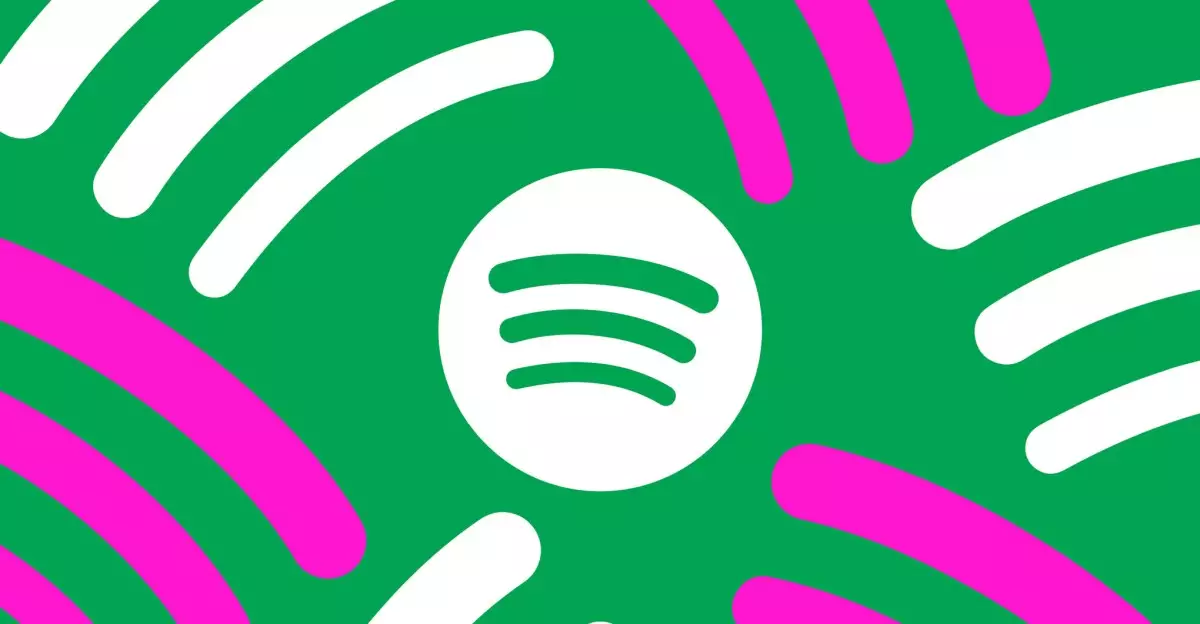Spotify’s recent introduction of add-on subscriptions aimed at doubling audiobook listening to 30 hours per month seems to promise more freedom for audiobook lovers. At first glance, it appears to be a thoughtful upgrade, offering more flexibility within the existing Premium framework. However, this approach reveals a fundamental misunderstanding of what true value means for avid listeners. The crux of the issue isn’t simply about increasing hours—it’s about the perceived significance and utility of such limitations. For casual listeners, 15 hours might suffice, but for those who delve deep into epic fantasies or lengthy biographies, these caps quickly become frustrating roadblocks. By merely doubling the limit for an extra fee, Spotify seems to view their users’ needs through a narrow lens—treating time as a commodity rather than recognizing the intrinsic worth of complete literary experiences.
Pricey Bloating: The Cost of Convenience
While the add-ons may sound enticing, their price point lends itself to a cautionary tale. For roughly $12, users can lock themselves into an additional 15 hours—an amount that quickly becomes inadequate for serious audiobook enthusiasts. This creates a paradox: to truly get the most out of the platform, listeners must continually purchase top-ups, further fragmenting the experience into a series of microtransactions. It’s akin to paying for a buffet only to find that the quantity you can enjoy is strictly limited unless you keep paying more. Such a model discourages loyalty among dedicated users and may drive them toward competitors that offer unlimited access or a per-book purchase system. That’s a critical misstep in today’s market, where consumers increasingly seek seamless, value-driven experiences.
The Missing Connection: Unsupported Support for Creators
Another glaring issue lies in Spotify’s restrictive stance on audiobook ownership and purchasing. Unlike Audible, which offers customers the chance to own specific titles permanently and supports direct purchases, Spotify’s model centers exclusively on streaming—an inherently limiting approach in the world of books. The fact that Premium subscribers cannot buy or support authors directly with their listening dollars not only hampers the platform’s credibility but also alienates users who want to support creators more tangibly. The absence of an integrated marketplace or purchase option diminishes Spotify’s potential to become a serious player in the literary space. Instead, it reduces audiobooks to mere background entertainment, stripping away the depth and permanence that makes owning a book worthwhile.
Regional Play and Digital Strategy: The Game of Divide
Spotify’s rollout strategy, limited initially to several regions and hinting at eventual expansion, underscores a cautious approach. This regional focus reveals the platform’s hesitation to fully commit to the global audiobook market, which is rapidly growing and fiercely competitive. Meanwhile, rivals like Audible already dominate the landscape with robust subscription plans, sales, and a clear emphasis on ownership. Spotify’s delay in establishing a truly competitive offering suggests a tentative understanding of what consumers really want—lasting access, affordability, and meaningful engagement with content. The regional disparities in pricing and features demonstrate a fragmented approach that could hinder Spotify’s ability to develop a cohesive global strategy.
Innovation or Illusion: Is This Enough to Transform Spotify’s Audiobook Experience?
Ultimately, Spotify’s proposed improvements provide a glimpse into the platform’s direction but fail to address core consumer needs. Doubling the listening cap for a fee feels more like a stopgap solution than a revolution. What would genuinely set Spotify apart would be offering unlimited listening, affordable purchase options, and a more direct relationship with authors and publishers. Until then, the platform remains stuck in a cycle of incremental changes that tempt users with temporary enhancements rather than transformative innovations. For true audiobooks enthusiasts, the future isn’t just about more hours—it’s about a platform that values and supports the full experience of storytelling, without barriers or hidden costs clouding the joy of long-form content.

